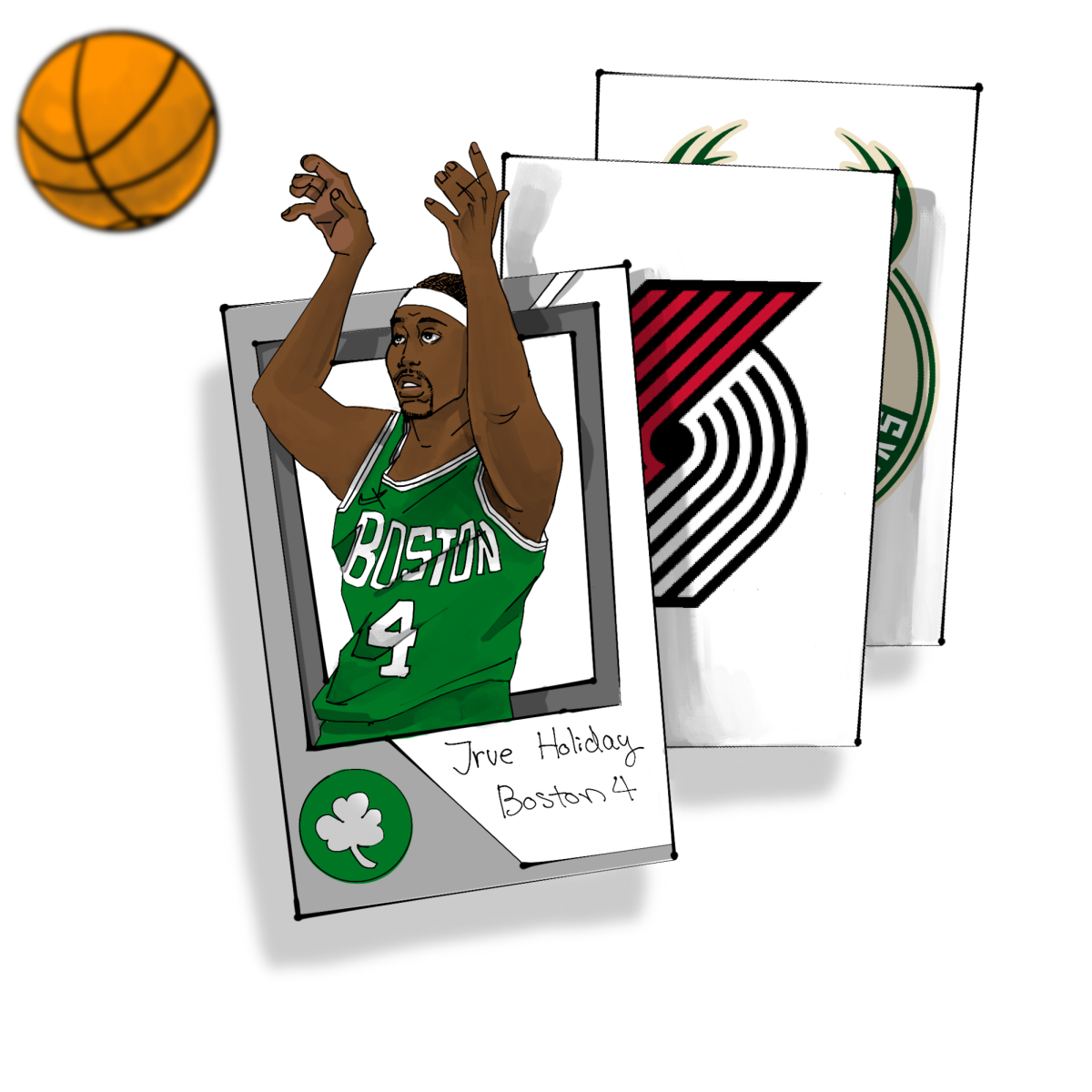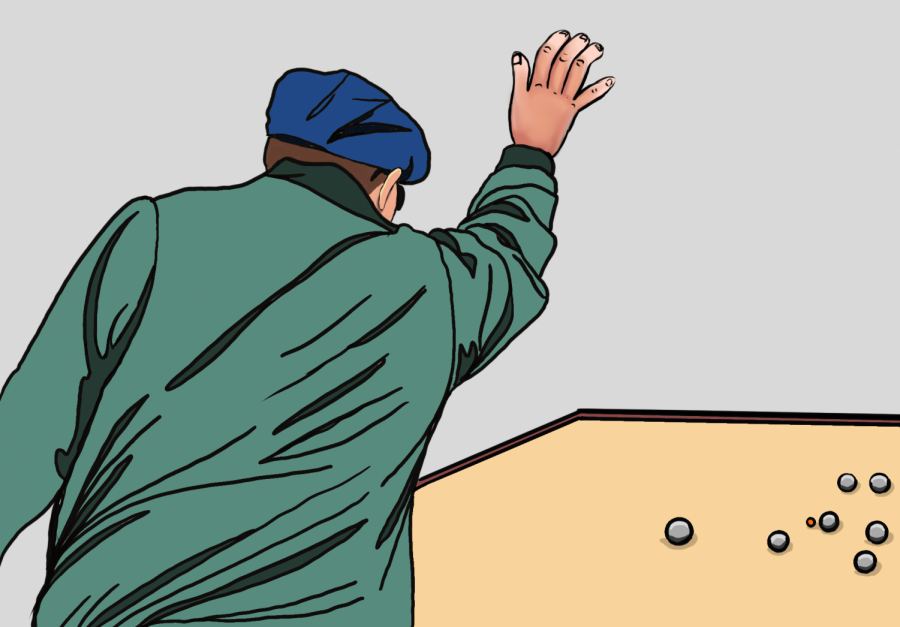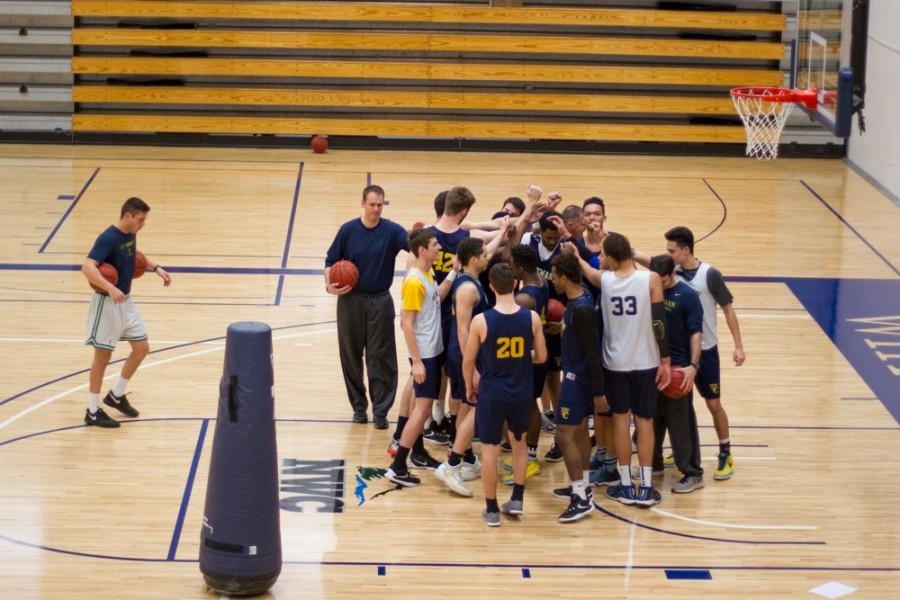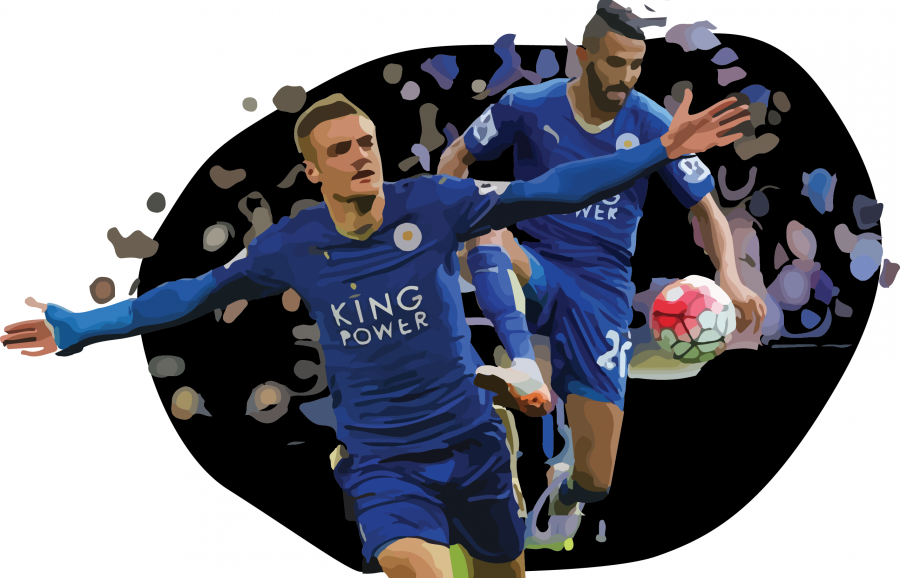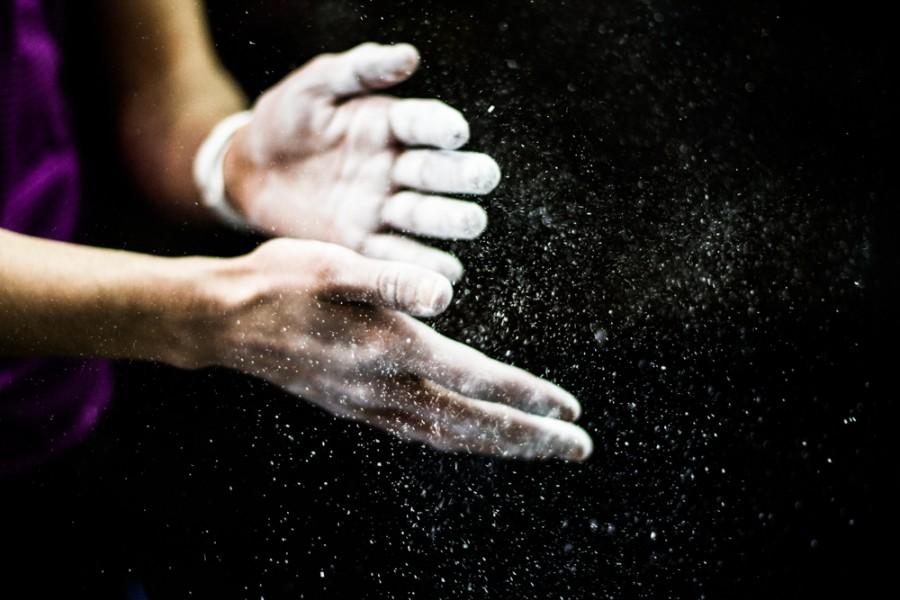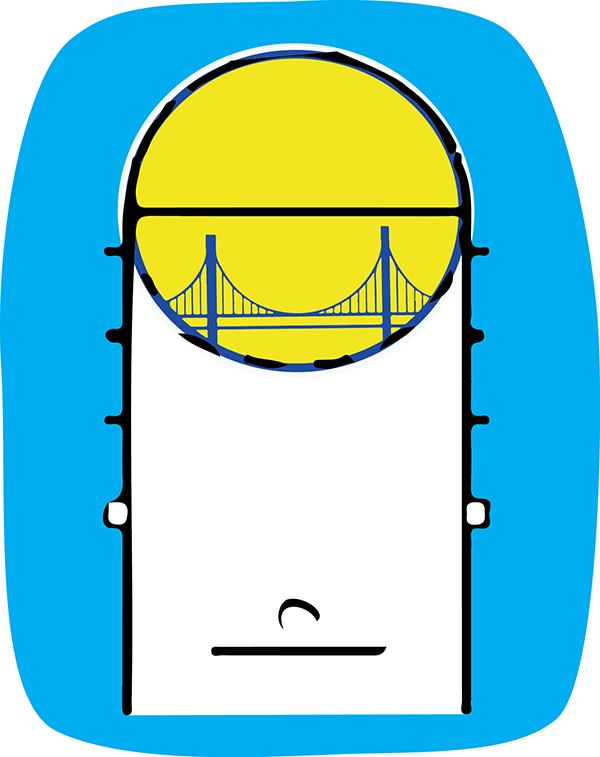Rarely do collegiate students have the luxury of combining their academics with their extracurricular studies. Senior soccer players and psychology majors Jed Jacobson and Leland Matthaeus have fully embraced their roles as student athletes by focusing on sports psychology for their senior thesis.
The thesis, a culmination of four years of psychology studies and varsity soccer, involved cognitive tests for both athletes and non-athletes.
“We were basically looking to improve the knowledge in the field of psychology about the effects that athletics can have on the brain,” said Jacobson in regards to the aim of the study.
The initial predictions were simple: Athletes would outperform non-athletes in a series of executive functioning tests.
“Executive functioning is a form of intelligence that is more involved with problem solving and impulse control, especially when under pressure,” said Matthaeus, who believed years of pressure-filled and strategic performances on the field would translate into the lab.

Their study also made a distinction between team sports involving coordination between members and more individual sports.
“We also predicted that externally-paced athletes [involved in] sports such as soccer or basketball, where there are external cues coming in that you have to react to, would [perform] better in decision making and problem solving tasks, while the self-paced athletes, [involved in sports like] swimming or running, where you’re pacing yourself and you have to inhibit the urge to stop, would be better at impulse control. And that’s actually what we found,” said Matthaeus.
The setup consisted of 54 participants with a generally equal spread for each test group. Those subjects would go through different cognitive tests like an impulse control test where the word “red” would be printed in blue ink and the participant would have to name the color of the word, not the word itself. The problem solving tests were conducted with what is called a tower test and the pair ran statistical analyses of their data to determine its legitimacy.
The pair also relied on its soccer experience to conclude which cognitive skills tested could be taught in an athletic setting.
“Playing soccer has given us insight into how athletes train. And knowing exactly how athletes train and play, we know which of these executive functions may or may not be included in practice and competition. That also helped us prove another theory we tested based off this thing called cognitive skill transfer, where skill training in one setting can transfer over to a different setting like how problem solving in soccer could transfer to problem solving in the lab,” said Matthaeus.

Jacobson and Matthaeus’ data proved their hypothesis, affirming the pair’s beliefs.
“It’s one thing to theorize, but then to actually implement the test, and find out that yes, they do differ, that was a pretty cool moment,” said Jacobson.
While athletes scored significantly higher in executive functioning, the data also revealed that out of their sample, athletes scored lower on average than non-athletes in the preliminary cognitive testing for general intelligence, most of which was based on vocabulary skills.
Matthaeus and Jacobson were not discouraged by the latter findings, and both look to continue their academic journey with sports as a driving force.
Both Jacobson and Matthaeus are planning on continuing soccer after college and they are both also strongly considering going into the field of sports psychology.










